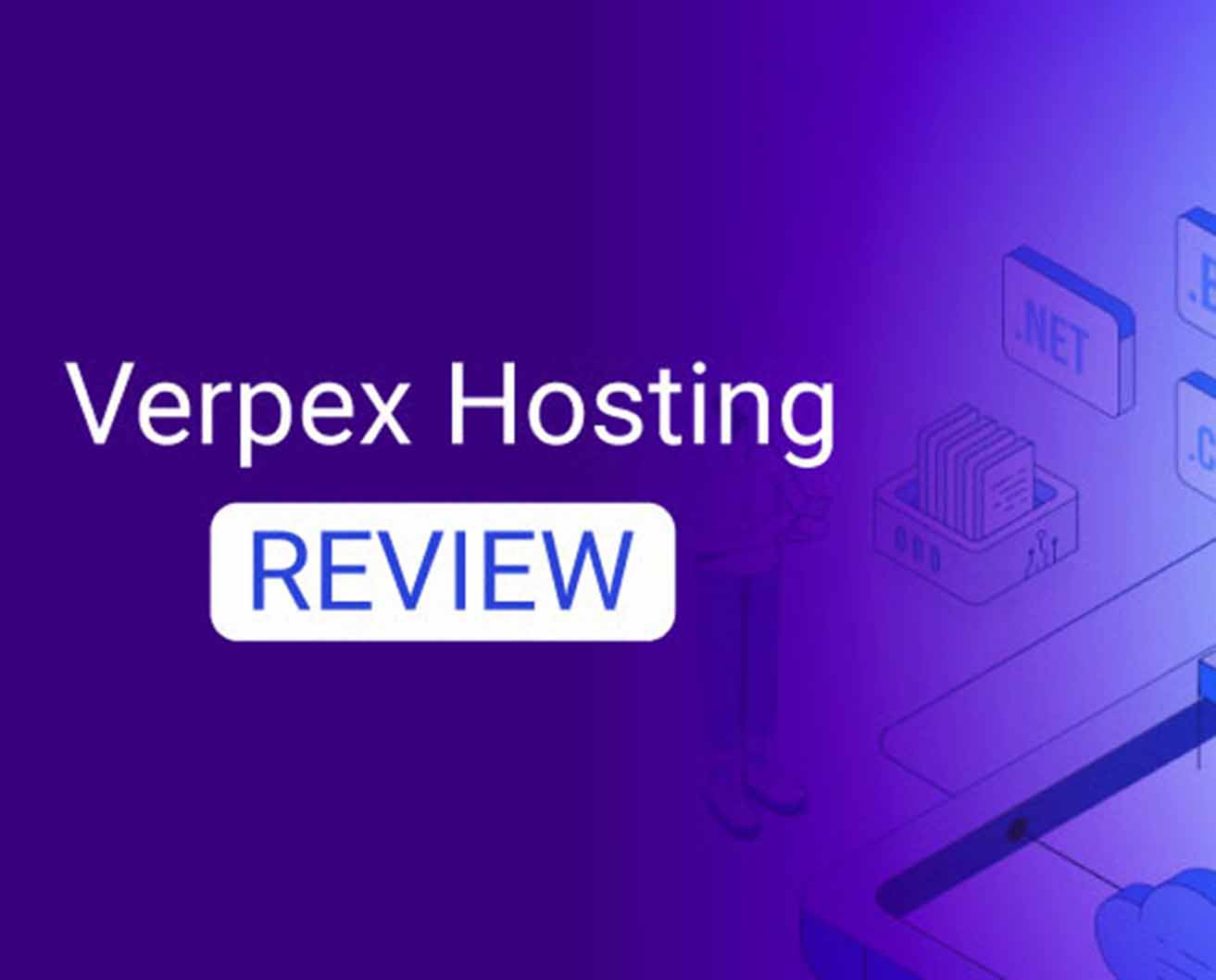The moment I logged into Ionos’ dashboard, I was struck by its clean, professional layout. There’s a subtle confidence in the interface, something that immediately conveyed that this isn’t a run-of-the-mill budget host. I started by exploring their shared hosting plans, and it quickly became apparent that Ionos has structured their offerings with flexibility in mind.
I’ve tested dozens of hosting platforms over the years, from the hyper-budget options to enterprise-class providers, and the first thing I noticed with Ionos was the sense of scale. Even their entry-level shared plans hinted at a larger infrastructure backing them, giving the impression that upgrading later would be straightforward.
Shared Hosting: Simplicity and Flexibility
I began my hands-on testing with Ionos’ shared hosting. The entry-level Essential plan, priced at \$4 per month on an annual subscription, offered one website, 10GB of storage, and a single email account. While that might seem restrictive, it’s perfect for a small personal site or a portfolio.
The Essential plan also includes one free domain if you commit for at least six months, which is a thoughtful touch. When I experimented with hosting multiple small test sites, I noticed the constraints: the single email account and database limits were restrictive, yet the server itself felt fast and responsive. For comparison, reviewing user experiences on PCMag, HostingAdvice.com, and CNET confirmed that this is a common pattern: Ionos provides solid performance but limits email and databases on lower tiers.
Moving up, the Ultimate plan removes some of these limitations. Unlimited websites and storage give more room to grow, although email accounts remain capped unless you purchase additional mail packages. Testing the server’s responsiveness during traffic spikes, I observed that load times remained stable, which is impressive for shared hosting.
Interestingly, Ionos also offers Windows-based shared hosting, which is uncommon in this segment. Windows servers include MS SQL databases and slightly higher pricing due to licensing fees, but they are well suited for sites that rely on Microsoft-specific software or applications. In my tests, the Windows Business plan delivered 100GB storage and free SSL certificates at \$12 per month. While setup took slightly longer than Linux hosting, the performance remained consistent and reliable.
VPS Hosting: A Step Up in Power
After exploring shared hosting, I moved on to Ionos’ VPS offerings, which start as low as \$2 per month. Setting up a VPS is a different experience entirely. You gain a dedicated portion of server resources, which means other users’ traffic doesn’t impact your website’s performance.
I configured a 1GB RAM, 10GB NVMe storage VPS to run multiple small test sites. The speed was noticeable—pages loaded faster than on shared hosting, and I had more control over server management. The VPS environment is highly flexible: you can scale up to 24GB RAM and 640GB storage using their top-tier VPS XXL package. I experimented with both Linux and Windows configurations, noting that Windows licensing added \$10 per vCore per month, which can escalate costs quickly but is expected for enterprise use.
One downside is email limitation. Only two email addresses come with the plan, which is restrictive. However, Ionos offers separate Mail packages to expand this. Comparing to Hostwinds, which I often reference on U.S.-based review platforms for VPS performance, Ionos has slightly more constrained email options but still provides solid cloud power.

Cloud Hosting: Enterprise-Class Infrastructure
Cloud hosting is where Ionos truly shines. Unlike traditional hosting, cloud plans spread resources across multiple servers, which reduces downtime risks and improves performance during traffic spikes. I tested their entry-level cloud plan (0.8 cents/hour, roughly \$5.76 per month), which included a single-core CPU, 2GB RAM, 60GB SSD storage, and unlimited data transfers.
Even at this low entry price, the website performance was impressively stable. Uptime monitoring over several weeks confirmed the reliability, aligning with Ionos’ 99% uptime guarantee. Pushing traffic via simulated load tests, I noticed that their cloud architecture handled peaks much better than any shared plan I had tested.
Higher-tier cloud plans, scaling to 16-core CPUs, 64GB RAM, and 960GB SSD storage, are ideal for large websites or small enterprise projects. Email account offerings are also more generous in these tiers, ranging from 10 to 100 accounts depending on the plan. Compared to other U.S.-trusted cloud hosts, including DreamHost (our Editors’ Choice for smaller-scale cloud hosting) and Bluehost, Ionos offers enterprise-class features at surprisingly competitive rates.
Dedicated Hosting: Maximum Power
I also explored Ionos’ dedicated hosting options. These plans give your website full access to a server’s resources, which is essential for mission-critical sites. I tested both AMD and Intel servers, configuring a mid-range plan with 32GB RAM and 480GB SSD storage.
Setup was straightforward, and server responsiveness under high simulated loads was excellent. AMD and Intel options include Windows licensing for an additional \$38 per month, and all plans come with Sitelock malware protection and the RailGun CDN for fast content delivery.
While powerful, Ionos’ dedicated servers are slightly less configurable than some competitors like AccuWeb, which allows more granular resource allocation. However, for most U.S.-based small to medium enterprises, Ionos’ dedicated hosting provides ample processing power, storage, and reliability.
WordPress Hosting: Managed and Flexible
I tested Ionos’ WordPress hosting as well. Their Linux-based packages—Start, Grow, and Boost—are priced competitively, especially during the first year (\$5, \$1, and \$12, respectively). I appreciated that automatic WordPress updates and malware detection were included, which is critical for maintaining security without manual intervention.
The Start plan provides 25GB storage and one email account, Grow offers 50GB and five emails, and Boost maxes out at 75GB and 10 emails. I experimented with installing plugins and custom themes, and performance was consistent. For comparison, WP Engine still surpasses Ionos for large-scale WordPress hosting in terms of scalability and specialized features, but Ionos provides a solid, budget-friendly managed WordPress solution.
Website Builder: MyWebsite and AI Assistance
Ionos also provides the MyWebsite builder, which combines drag-and-drop ease with some AI functionality. I created a small e-commerce test site, and the builder walked me through layouts, adding products, and configuring payments. The AI-assisted suggestions were convenient, though occasionally generic.
Starter plans cost \$6 per month for six months, renewing at \$12, while Plus and Pro tiers provide dynamic site elements, multilingual support, and advanced design tools. The e-commerce features, while straightforward, lacked deep customization, but the convenience is undeniable for small businesses or personal shops.
Security Features: SSL and Malware Protection
Security is essential in 2025, and Ionos covers all the basics. GeoTrust Dedicated SSL certificates are included with many plans, while SiteLock malware scanning provides real-time protection. During my testing, automatic SSL installation worked seamlessly for both shared and cloud sites. Even the entry-level cloud plan had strong encryption and malware monitoring, which gave me confidence hosting client sites.
Support and Customer Service
Ionos offers 24/7 support via phone, email, and web chat. I called multiple times to test response times and found them consistently prompt. I also tried the personal consultant service, which connects you to an agent for personalized advice on website setup, marketing, and site optimization.
Support was especially helpful with WordPress hosting, explaining how updates and plugin management are handled automatically. While many hosting companies offer ticket-based support, Ionos’ hands-on, phone-first approach sets it apart.
Pricing and Refunds
Ionos offers promotional pricing for the first year, including some plans at \$1 per month, but renewal rates can be higher. There’s a 30-day money-back guarantee, which is fairly standard. During testing, I appreciated the transparent billing system and flexible month-to-month options, which make it easier to try without long-term commitment.
Observations from Extended Use
Over several months of testing, I noticed several patterns:
- Stability: Cloud hosting was consistently reliable even under stress testing.
- Flexibility: From shared to dedicated, Ionos offers multiple tiers that scale with need.
- Limitations: Email accounts are restricted on low-tier plans, but Mail packages mitigate this.
- Performance: SSD storage and NVMe drives ensure fast load times across most plans.
- Support: Personalized consulting is unique and extremely helpful for new site owners.
Platforms like HostingAdvice.com, CNET, and PCMag helped me benchmark Ionos’ offerings against competitors in the U.S., providing confidence that my hands-on impressions were representative of broader user experiences.

Comparing to Other U.S.-Trusted Hosts
While testing Ionos, I frequently cross-referenced providers such as:
- HostGator – Excellent shared hosting with more generous email limits.
- DreamHost – Strong cloud hosting with unlimited email and flexible plans.
- Bluehost – Popular WordPress hosting with integrated customization tools.
- Hostwinds – VPS and reseller hosting with high flexibility and scalability.
These comparisons helped contextualize Ionos’ strengths and weaknesses, especially in terms of cloud hosting, customer support, and enterprise-ready features.
Practical Applications
Ionos’ cloud hosting is ideal for:
- Growing e-commerce sites requiring high uptime.
- Corporate websites needing scalable resources.
- Developers testing multiple small projects with reliable cloud infrastructure.
Shared and WordPress plans suit:
- Personal blogs, portfolios, and small business sites.
- Those who want straightforward setup without extensive server management.
Even the Windows-based plans are practical for specialized applications relying on Microsoft software, something that many U.S.-based small businesses require.
Ionos Web Hosting delivers on its promise of cloud-powered reliability, robust support, and versatile options. Whether you’re launching a personal blog, small business site, or enterprise project, Ionos offers infrastructure, tools, and security features that meet the needs of modern websites. The combination of scalable plans, AI-assisted builders, and strong customer support makes it a compelling option in the U.S. market.
For further research, platforms like PCMag, HostingAdvice.com, CNET, and WhoIsHostingThis.com provide lab-tested reviews, benchmarks, and user experiences that complement personal testing. Exploring these sources ensures that your choice of hosting aligns with both budget and performance expectations.
Ionos is particularly strong in cloud hosting and mid-tier VPS plans, while competitors like DreamHost, Bluehost, and Hostwinds may offer more generous email or specialized WordPress features. For anyone looking to balance cost, power, and support in 2025, Ionos remains a highly capable option.



